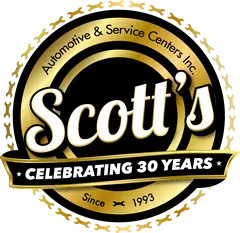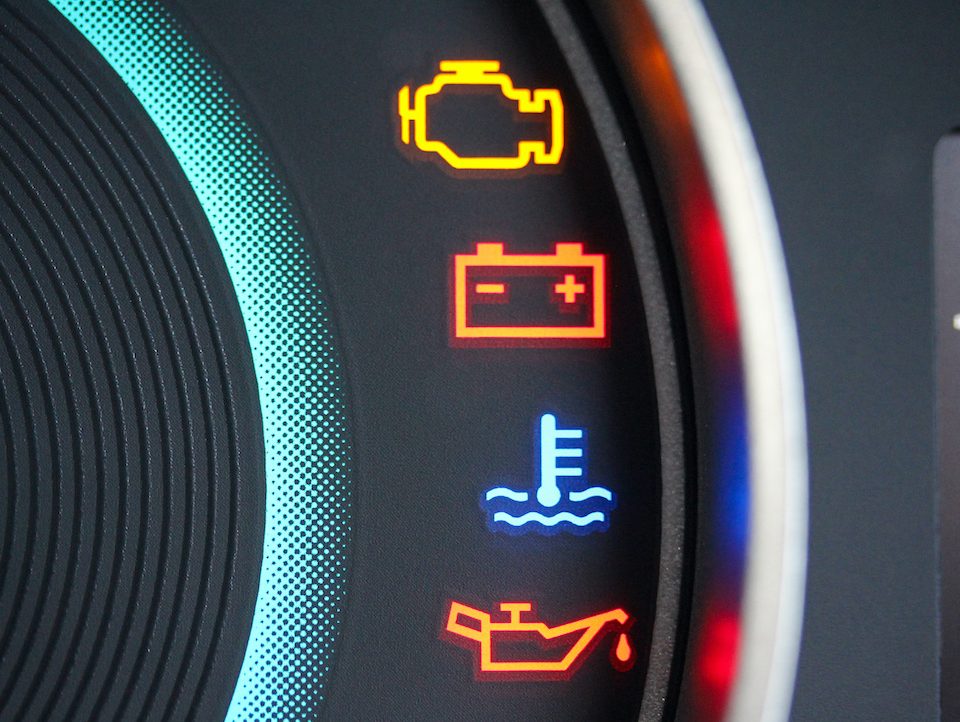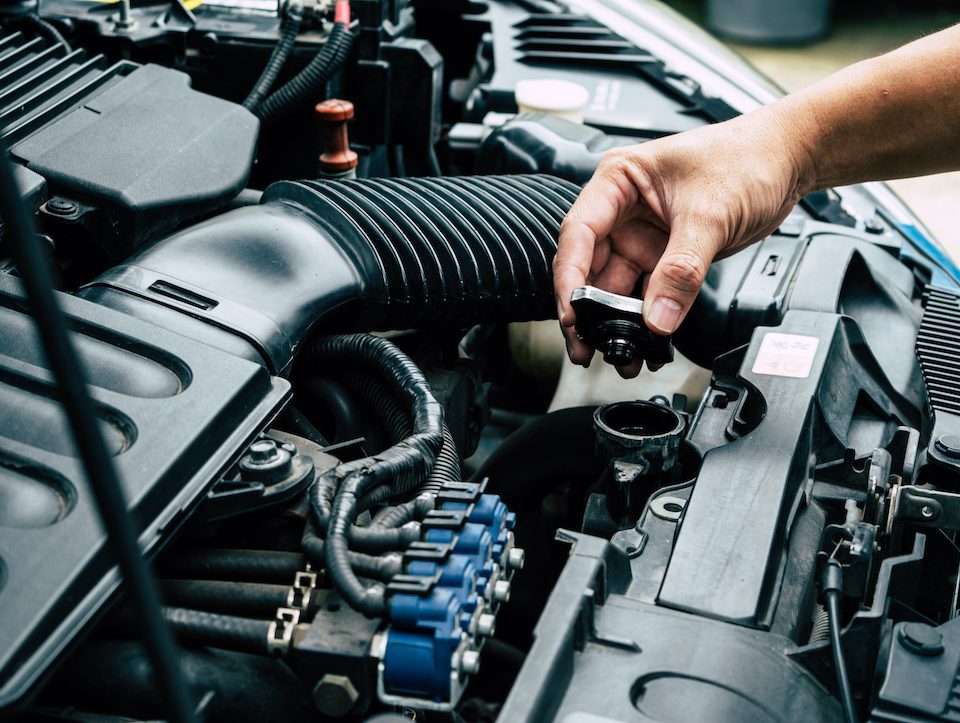Important Terminology Every Car Owner Should Know
March 2, 2016The Truth About Fuel Efficiency
March 16, 2016Coasting around corners in a finely tuned sports car or coupe is a thrilling experience, but it becomes a grating maintenance reminder if you hear unpleasant noises on tight turns. The variety of sounds a turning wheel can make means you must do a little investigating or take the car in for an immediate inspection. Sorting the routine noises of road wear from serious suspension or joint problems requires a good ear and some double checking. Waiting too long to see if a noise goes away on its own could leave you stranded with a car that can’t go anywhere without a tow.
Power Steering System
The power steering system makes it a breeze to control a big SUV on winding curves, but it can generate a surprising amount of noise if something’s wrong. The various components that may contribute to the racket include:
- Pump: The power steering pump moves fluid throughout the control system to keep pressure levels constant. When it’s damaged by the wear and tear of high mileage or unusual driving conditions, it can produce squeals, squeaks and grinding noises. The bearings inside the pump make plenty of high-pitched noises if they dry out as well, but only damaged pumps have this problem.
- Fluid: Power steering fluid is vital for the pump to run properly. When it runs low, you might start to hear grinding and whining sounds. Ignoring these noises could burn out the pump and leave you with little to no help steering. Keep the pump reservoir topped off and come in to Scott’s Fort Collins Auto & Repair for a leak check if levels keep dropping. Regularly changing the power steering fluid also prevents worn and burnt fluid from wearing down the rest of the system.
- Belts: The belts providing power to the pump can also make annoying noises as they wear out. Squealing sounds coming from the engine as you turn mean you need to pull over and examine the belts running the power steering system. If they’re worn, frayed at the edges or visibly cracked, bring your car to Scott’s to have them replaced immediately.
CV Joint
The constant velocity (CV) joint carries you along for 100,000 miles or more, but waiting to replace it until it suddenly snaps or freezes up is a serious mistake. Yahoo! Autos warns that the four CV joints found in a front wheel drive car can all go bad, leading to clicking noises. The joints are silent when you are driving straight; the noises only begin once the steering wheel is moved off center. Wear in the joint itself allows for excess movement, creating noise and accelerating the breakdown process. Replace your car’s CV joints at the recommended intervals to ensure you don’t have to deal with the annoying noises they can create.
Shocks and Struts
These two parts work together in conjunction to keep your car from bouncing all over the road. Rubber tires jump and bounce over uneven road surfaces without the power of the suspension to smooth out the ride. As they wear out, shocks tend to make noise whenever they’re put under stress, but struts often only make an audible sound when you turn the steering wheel. Grinding noises during a low-speed turn is a symptom of strut issues. Faster curves don’t always trigger the same sound. Sway bar links can also start producing these worrying signs of damage, so let a professional at Scott’s determine which part of the suspension is grinding.
Tie Rods and Ends
Tie rods connect your steering system with the wheels, and they each end with carefully fitted ball joints at the ends. These joints rub against themselves to loosen up with time. Metal rods can always become bent in a collision, leaving you vulnerable to a loss of control at any point if you don’t get it repaired. A rubber boot surrounds these joints so the thick grease used as a lubricant doesn’t dry up and create friction. Check these boots for cracking and leaking regularly to ensure your tie rod end joints don’t fail prematurely due to a tear or scrape on a bumpy road.
Wheel Bearings
Sounds coming from aging wheel bearings often increase or change when you turn in one direction or the other. A loss of lubricant or the introduction of grit from the road can destroy the original wheel bearings. Signs of aging bearings include:
- Thumping or growling noises that change with varying speeds and turning angles.
- Alignment changes that damage the tires or make it hard to stay straight on the road.
- Leaking grease around the back of the wheel, which is is easiest to spot when a vehicle is on a lift.
- Bad handling that gets worse over time.
Rotors and Brake Pads
Don’t forget about the potential for brake pads or clips to start making noises if your daily commute involves traversing windy mountain roads. The high speed vibration caused by the friction between the tire and road slowly loosens your brake pads and calipers over time. AOL Autos identifies several reasons why clicking and grinding sounds can occur when you turn:
- Loosened calipers
- Thin or loose brake pads
- Hub caps vibrating against a bent wheel
- Debris stuck between components of the brake drum and pads
- Loose bolts vibrating against the wheel or hub cap
- Cracks in the wheel itself, which is also accompanied by vibration from the tires
Maintain a quiet and comfortable driving experience by counting on Scott’s Fort Collins Auto & Repair to care for all of your brake, steering and suspension components. To schedule service, call (970) 682-4202 or schedule an appointment online.



